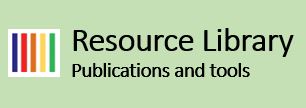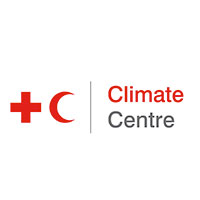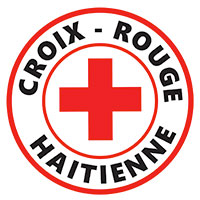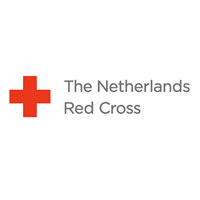Haiti
Local context
Haiti is prone to a range of hazards, including earthquakes, hurricanes, landslides, flash floods and drought. Significant environmental degradation caused by unsustainable exploitation of forest resources, soils, water, quarries and coastal waters, makes the Haitian people highly vulnerable to shocks and climate change. This degradation reduces the country’s ability to absorb the effects of extreme weather events, which results in compromised water resource systems, increased soil loss and intensification of coastal erosion and coastal ecosystem degradation. In such conditions, adaptation requires actions aimed at reducing environmental degradation and reversing the trend to restore productive water and natural resource systems and ecosystem services.
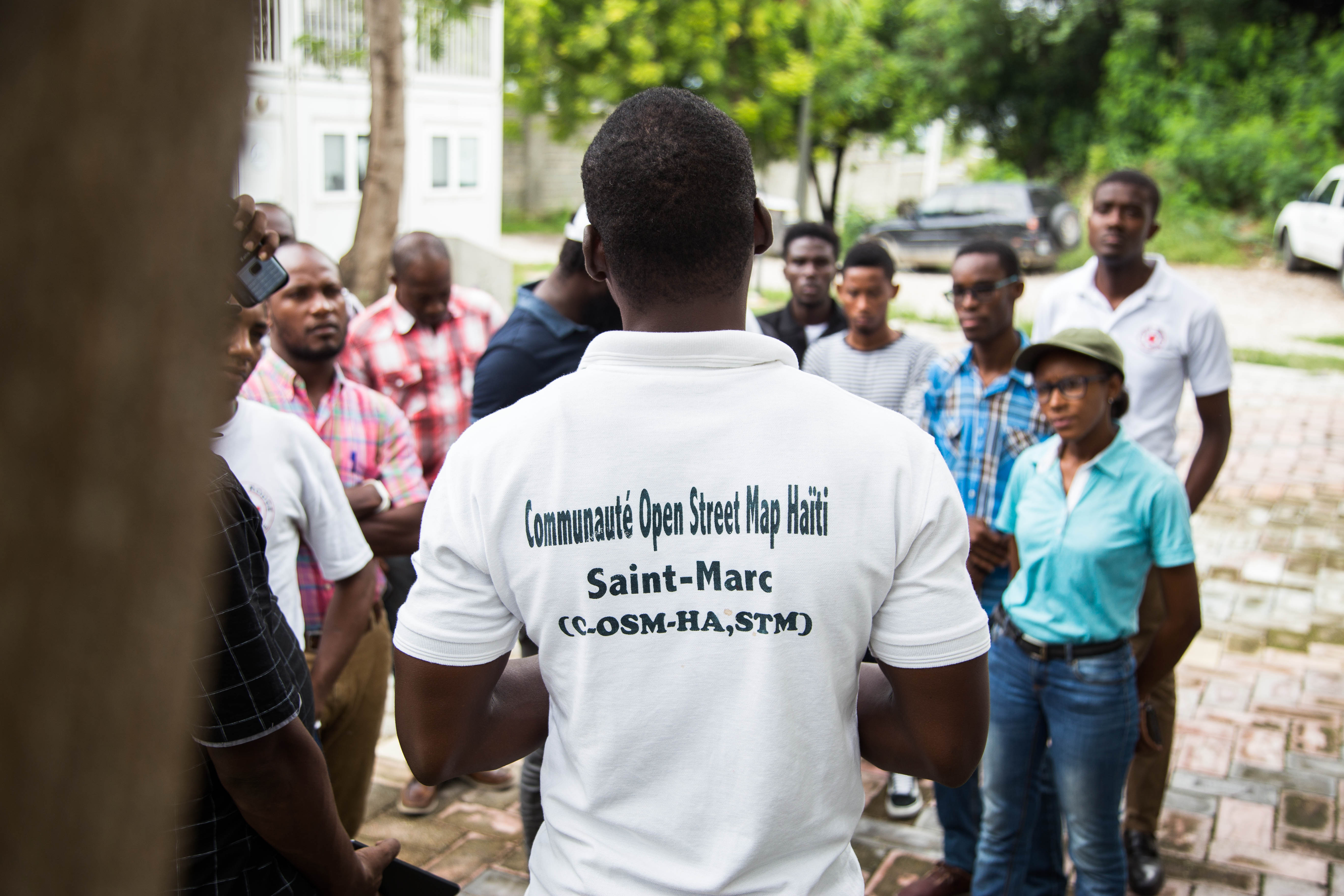
Programme I: Dialogue and Dissent
Partners for Resilience aims to enhance resilience of communities in Haiti, increasing the capacity of vulnerable populations to face shocks, extreme weather events and impacts of climate change. PfR supported the positioning of the Haitian Red Cross as a partner in Integrated Risk Management, gender and social inclusion for the ministries and international institutions. This led to a cooperation agreement between the Haiti Red Cross and the Ministry of Environment aimed at strengthening the resilience of communities to the above mentioned disasters. PfR supported the integration of IRM into the Red Cross youth policy to ensure training and mobilisation of youth. In addition, PfR supported the integration of gender and social inclusion into the Haitian Red Cross services.
Examples of the activities and achievements in Haiti
- A multistakeholder early action protocol to prevent flooding.
- The Y-adapt programme for engagement of young people in action on climate change.
- Flood risk mapping to create evidence-based advocacy to support a flood early warning system in the Artibonite river basin.
- Watch this video "Now You Hear Us", on young people taken a leading role in environmental protection in Tiburon Town, Haiti.
Programme II: Up-scaling Eco-DRR
The Netherlands Red Cross, in collaboration with the Haitian Red Cross, is implementing a project to increase the resilience of communities by reducing disaster risks through ecosystem management. This 30-month project, funded by the European Commission, is implemented from May 2019 to December 2021, in the Southern department.
Through a community centred approach (including farmers and landowners) and integrated risk management, the Red Cross will implement ecosystem restoration and management activities, such as the improvement and adaptation of livelihoods to climate change, the reduction and preparation for disaster risks.
The department previously played a crucial role in terms of the management of eco-systems, water resources and agricultural potential, but many ecosystems have become severely degraded. The project also aims to strengthen governance through integrated and inclusive risk management. For this, the Red Cross and its partners support the implementation of participative monitoring ensuring that policies and practices are resilient to disasters and climate change, including a focus on engaging youth and women.
Recent Resources
No resources available for this country.
Programmes
- Dialogue and Dissent Strengthening the capacity of civil society to engage in dialogues with stakeholders for improved disaster risk reduction policies, practices, and investments.
Read more - Up-scaling Eco-DRR Increasing communities resilience and reducing disaster risks through ecosystem-based solutions.
Read more





